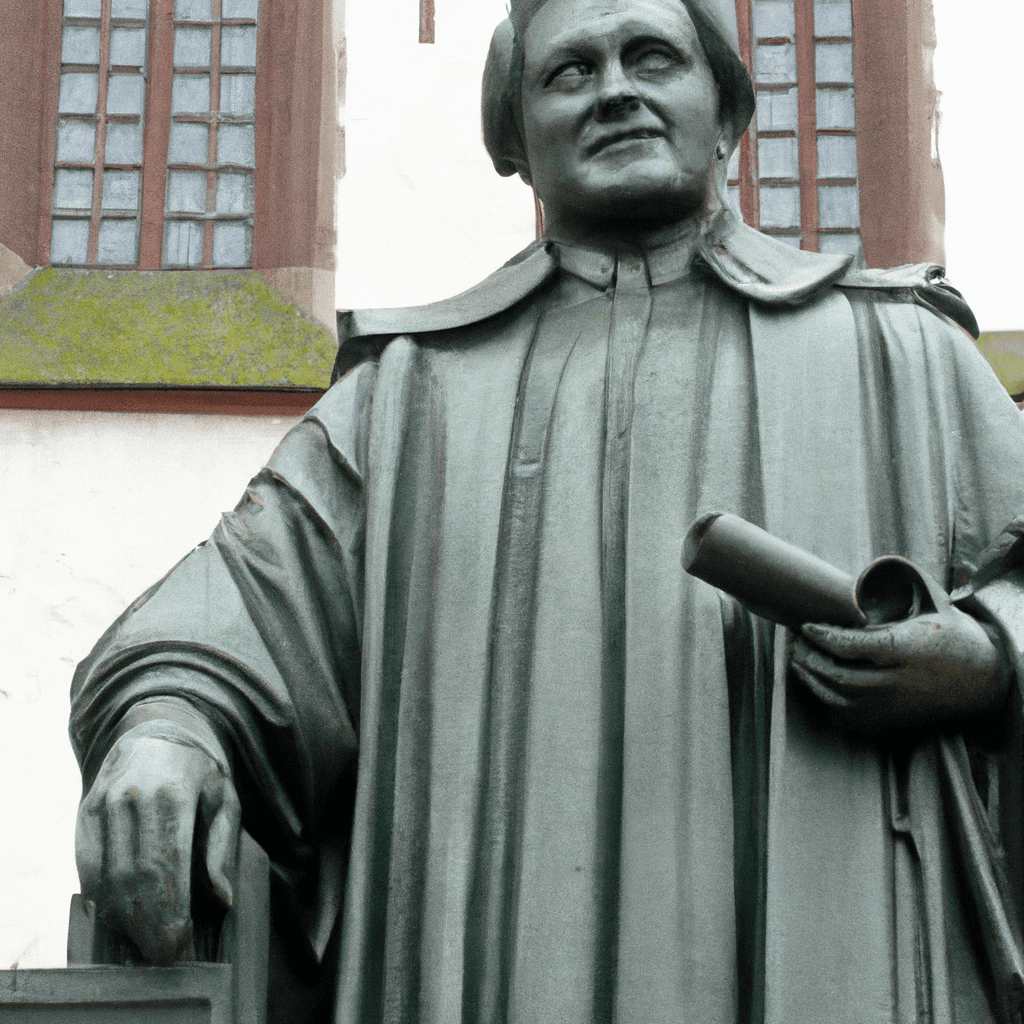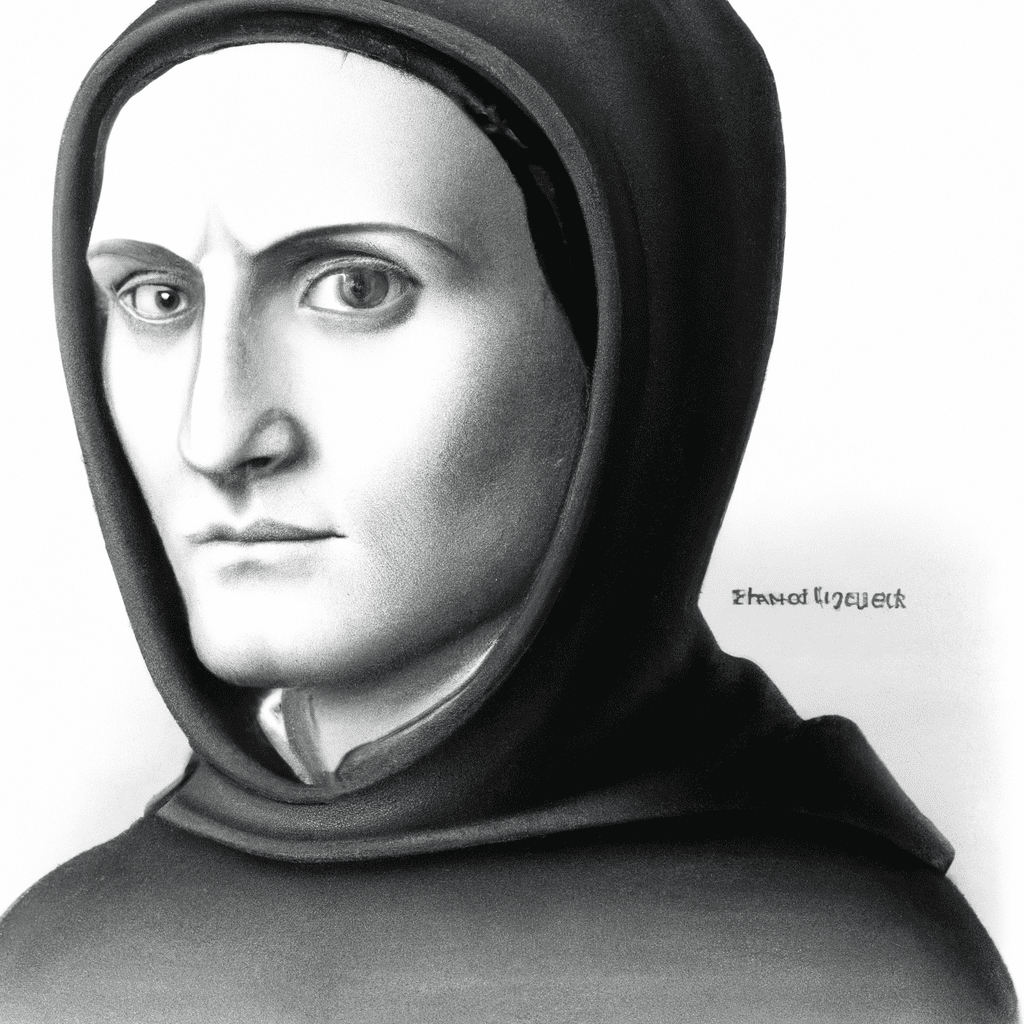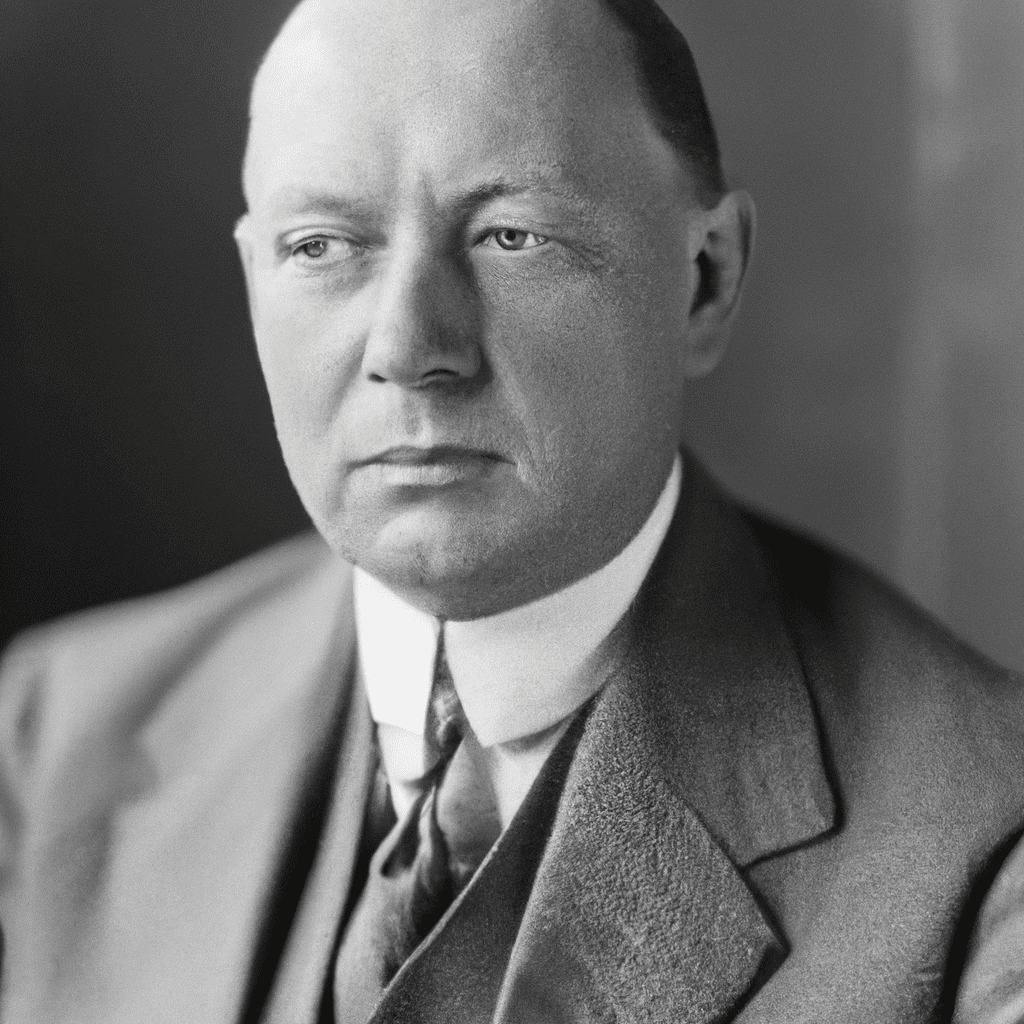Martin Luther (1483—1546) German theologian, professor, pastor, and church reformer. Luther began the Protestant Reformation with the publication of his Ninety-Five Theses on October 31, 1517. In this publication, he attacked the Church’s sale of…
Browsing CategoryWiki-Philosophie
Giordano Bruno (1548–1600)
Giordano Bruno (1548–1600) Giordano Bruno war ein italienischer Philosoph der Spätrenaissance, dessen Schriften die fortdauernden Traditionen umfassten, Absichten, und Errungenschaften seiner Zeit auf und übertrug sie in die Frühe Neuzeit. Taking up the medieval…
Environmental Ethics
Environmental Ethics The field of environmental ethics concerns human beings’ ethical relationship with the natural environment. While numerous philosophers have written on this topic throughout history, environmental ethics only developed into a specific philosophical discipline…
William David Ross (1877—1971)
William David Ross (1877—1971) Sir William David Ross was a British philosopher, college administrator, WW I veteran, civil servant, and humanities scholar best known for his important contributions to moral philosophy and the study of…
Wang Yangming (1472—1529)
Wang Yangming (1472—1529) Wang Yangming, also known as Wang Shouren (Wang Shou-jen), is one of the most influential philosophers in the Confucian tradition. He is best known for his theory of the unity of knowledge…
Dualism and Mind
Dualism and Mind Dualists in the philosophy of mind emphasize the radical difference between mind and matter. They all deny that the mind is the same as the brain, and some deny that the mind…
Immortality
Immortality Immortality is the indefinite continuation of a person’s existence, even after death. In common parlance, immortality is virtually indistinguishable from afterlife, but philosophically speaking, they are not identical. Afterlife is the continuation of existence…
Responsibility
Responsibility We evaluate people and groups as responsible or not, depending on how seriously they take their responsibilities. Often we do this informally, via moral judgment. Sometimes we do this formally, for instance in legal…
Heraclitus (fl. c. 500 B.C.E.)
Heraclitus (fl. c. 500 B.C.E.) A Greek philosopher of the late 6th century BCE, Heraclitus criticizes his predecessors and contemporaries for their failure to see the unity in experience. He claims to announce an everlasting…
The Indeterminacy of Translation and Radical Interpretation
The Indeterminacy of Translation and Radical Interpretation The indeterminacy of translation is the thesis that translation, Bedeutung, and reference are all indeterminate: there are always alternative translations of a sentence and a term, und nichts…









